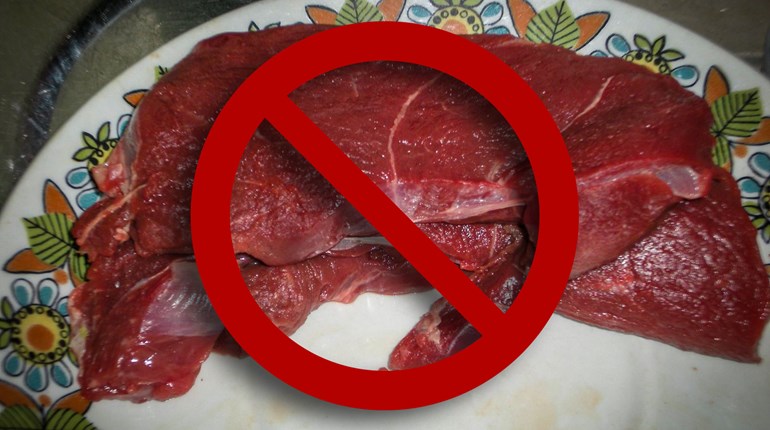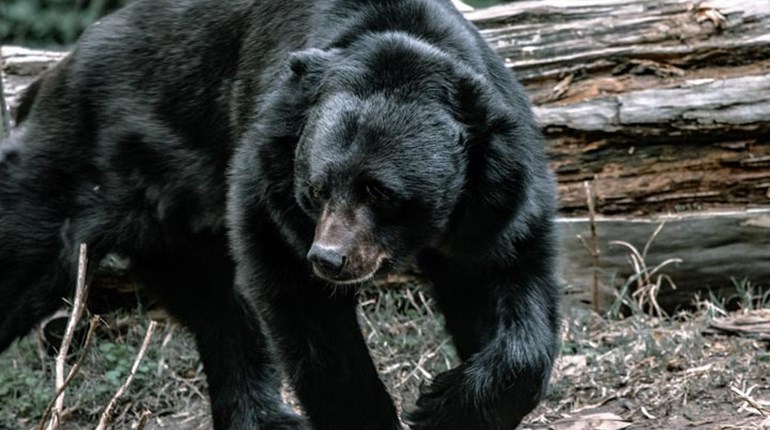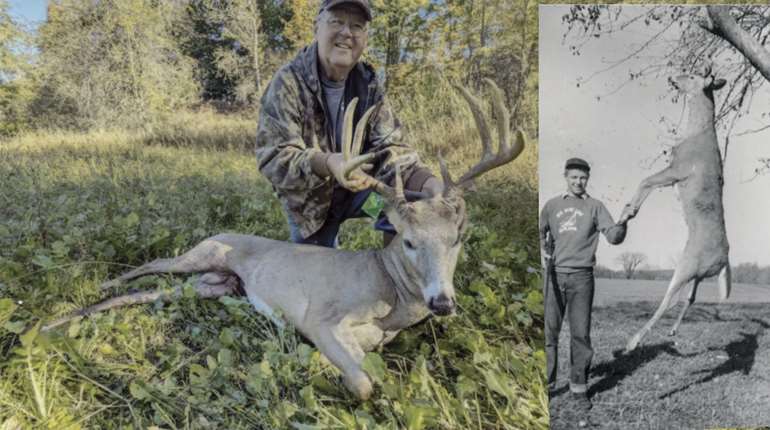
The Humane Society of the United States (HSUS) is one of the most notorious animal rights, anti-hunting organizations on the planet. That it often plays fast and loose with the facts is nothing new. Still, a press release I received on February 3 got my goat.
First, some background. In its 2010 financial statement, HSUS reported revenues of $148,703,820 and expenses of $126,361,401. That’s a lot of dough. Its President and CEO, Wayne Pacelle, one of the nation’s most ardent anti-hunting activists, was paid $248,076 in salary, plus a generous compensation package that includes insurance and a pension plan. In truth, HSUS is not an organization that runs animal shelters—it runs virtually none— instead is a lobbying organization that essentially wants to ban the practice of confining animals, eliminate medical research on animals, end all hunting, end meat eating and so on—much like PETA.
The HSUS press release announced that it and its sister organization, Human Society International, received a four-star rating (the highest possible) from Charity Navigator—one of the nation’s leading charity evaluators—for its work in the past year. The rating comes after HSUS was rated as having the highest impact of any animal protection organization by its peers in 2011 by Philanthropedia, in which 170 experts on animal welfare and protection were asked to rank the top organizations in the field.
“We are thrilled to be recognized by Charity Navigator and so many other charity watchdog organizations for our superlative management and performance,” said Pacelle in the press release. “We have the dual responsibility of working efficiently on behalf of our donors and having a big-time impact on the state of animals in this country and abroad, and we are pleased to be recognized that we are hitting our marks on both counts.”
Formed in 1954 and based in Washington. D.C., HSUS and HSI have a professional staff of more than 700 people. The organization says it also “runs campaigns relating to animal fighting, inhumane factory farming practices, large-scale puppy mills, the wildlife trade, fur, animal testing, exotic animals as pets, horse slaughter and other forms of cruelty."
Almost makes you want to cut them a check, doesn’t it? Before you do, you might want to study up a bit. In truth, according to activistcash.com, HSUS is a multinational conglomerate with regional staff operating in 33 states and a special Hollywood office that promotes and monitors the media’s coverage of animal-rights issues. It includes a huge web of organizations, affiliates and subsidiaries. Some are nonprofit, tax-exempt “charities,” while others are for-profit taxable corporations, which don’t have to divulge anything about their financial dealings. This unusually complex structure means that HSUS can hide expenses where the public would never think to look. For instance, one HSUS-affiliated organization called the HSUS Wildlife Land Trust collected $21.1 million between 1998 and 2003. During the same period, it spent $15.7 million on fundraising expenses, most of which directly benefited HSUS. This arrangement allowed HSUS to bury millions in direct-mail and other fundraising costs in its affiliate’s budget, giving the public (and charity watchdog groups) the false impression that its own fundraising costs were relatively low.
A January 23, 2012 blurb from The Center for Consumer Freedom helped clarify the “real” HSUS. Founded in 1996, CCF is a nonprofit organization devoted to promoting personal responsibility and protecting consumer choices while shedding light on what they call “a growing cabal of activists that has meddled in Americans’ lives in recent years, including the self-anointed ‘food police,’ health campaigners, trial lawyers, personal-finance do-gooders, animal-rights misanthropes, and meddling bureaucrats” that all “claim to know what’s best for you."
Here’s what The Center for Consumer Freedom calls the “9 Things You Didn’t Know About HSUS.”
1) An analysis of HSUS’s TV fundraising appeals that ran between January 2009 and September 2011 determined that more than 85 percent of the animals shown were cats and dogs. However, HSUS doesn’t run a single pet shelter and only gives 1 percent of the money it raises to pet shelters, and it has spent millions on anti-farming and anti-hunting political campaigns.
2) CharityWatch (formerly the American Institute of Philanthropy) reissued HSUS’s “D” rating in December 2011, finding that HSUS spends as little as 49 percent of its budget on its programs. Additionally, the 2011 Animal People News Watchdog Report discovered that HSUS spends about 43 percent of its budget on overhead costs.
3) In April 2011, six Congressmen wrote the IRS Inspector General showing concerns over HSUS’s attempts to influence public policy, which they believe has “brought into question [HSUS’s] tax-exempt 501(c)(3) status.”
4) An analysis of HSUS’s tax returns determined that HSUS funneled $16.3 million to its executive pension plan between 1998 and 2009—over $1 million more than HSUS gave to pet shelters during that period.
5) According to a nationally representative poll of 400 animal shelters, rescues and animal control agencies, 71 percent agree that “HSUS misleads people into thinking it is associated with local animal shelters.” Additionally, 79 percent agree that HSUS is “a good source of confusion for a lot of our donors.”
6) Speaking to an animal rights conference in 2006, HSUS’s then-vice president for farm animal issues stated that HSUS’s goal is to “get rid of the entire [animal agriculture] industry” and that “we don’t want any of these animals to be raised and killed.”
7) While HSUS claims it provides direct care to more animals than any other animal protection group in the U.S., most of the “care” HSUS provides is in the form of spay-neuter assistance. In fact, local groups that operate on considerably slimmer budgets, such as the Houston SPCA, provide direct care to just as many or more animals than HSUS does.
8) HSUS’ CEO Wayne Pacelle said that that convicted dog-fighting kingpin Michael Vick “would do a good job as a pet owner.” Following Vick’s release from prison, HSUS has helped “rehabilitate” Michael Vick’s public image. Of course, a $50,000 “grant” from the Philadelphia Eagles didn’t hurt.
9) Pacelle hired John “J.P.” Goodwin in 1997, the same year Goodwin described himself as “spokesperson for the ALF”—Animal Liberation Front—while he fielded media calls in the wake of an ALF arson attack at a California meat processing plant. In 1997, when asked by reporters for a reaction to an ALF arson fire at a farmer’s feed co-op in Utah (which nearly killed a family sleeping on the premises), Goodwin replied, “We’re ecstatic.” By the way, ALF has been designated as a terrorist group by the FBI.





































